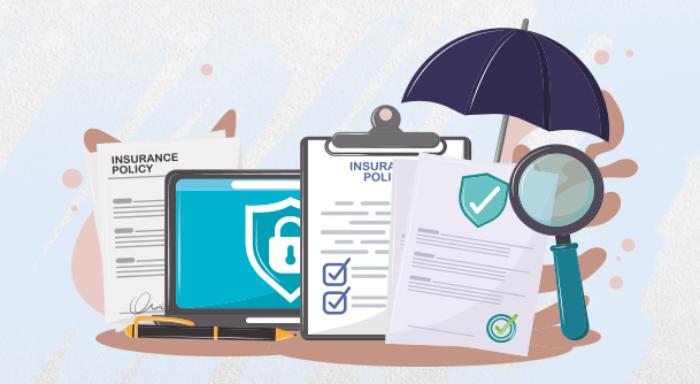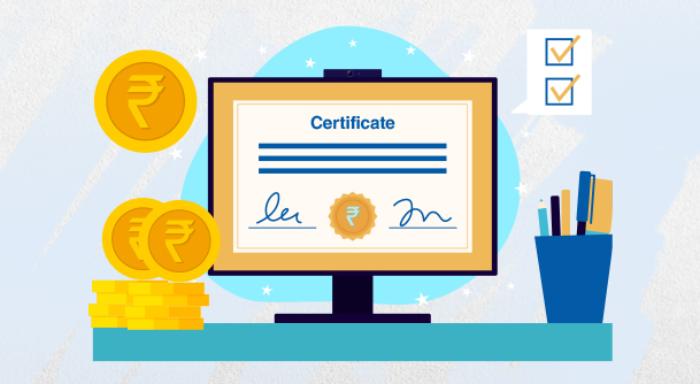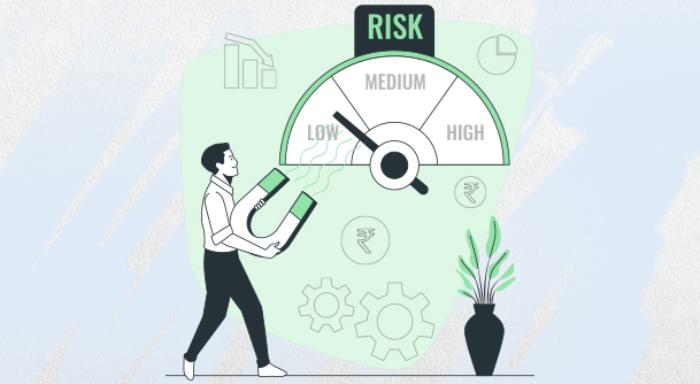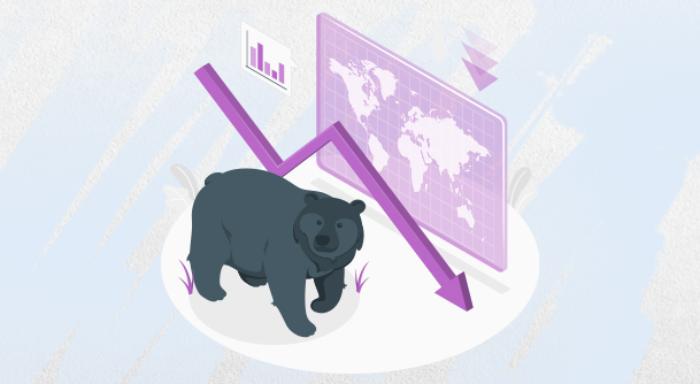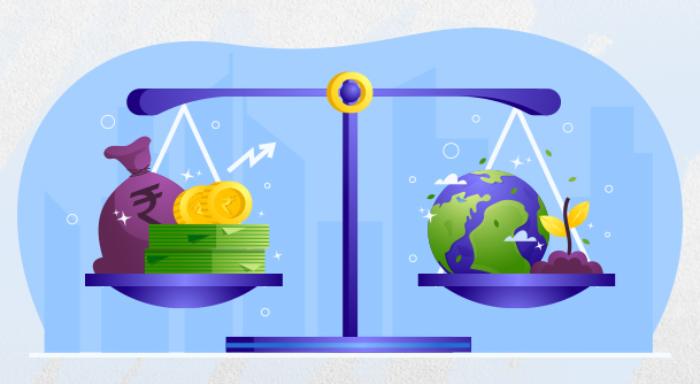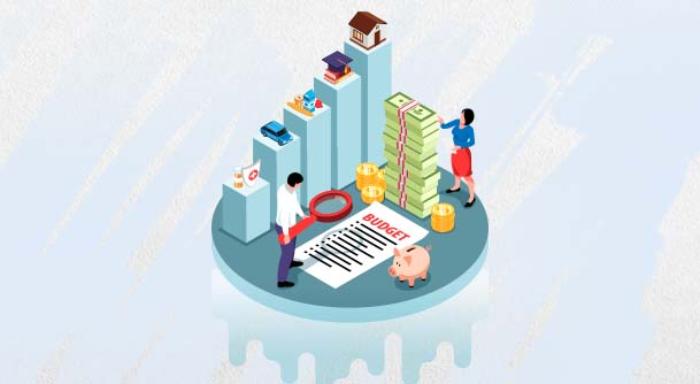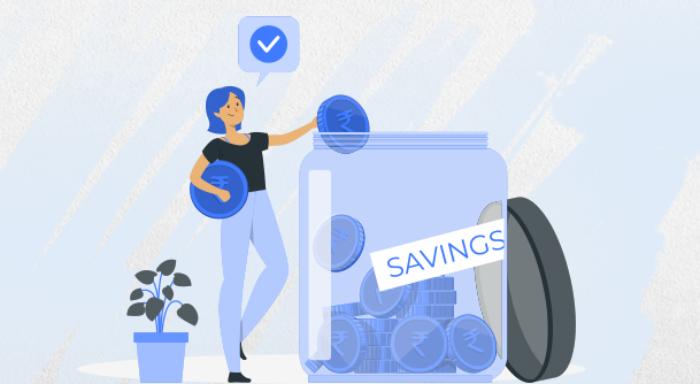Insurance Loan vs Gold Loan: Which Alternative Loan Option is Best for You
Blog Title
3682 |
5/27/24 5:09 AM |
Do you need a personal loan as soon as possible but are not getting one through a bank? Well, if you already have a life insurance plan or gold savings, then getting a loan might be easier than you think. Both loans on policy (insurance loans) and gold loans are viable alternatives to personal loans. Moreover, both these loan options have certain advantages over personal loans granted by banks.
Of course, nothing is perfect, and both loan options have their own downsides. Below is a breakdown of the pros and cons of insurance loans as well as gold loans. If you have access to both these loanable assets, understanding their core features may help you select the option that is financially right for you.
Insurance Loan vs Gold Loan
|
Insurance Loan |
Gold Loan |
Asset Collateral |
Your life insurance plan will be your collateral. |
The gold you used to receive a loan will be the collateral. |
Loan Conditions |
Only life insurance plans with survival or maturity benefits have loan facility. Plus, insurance plan must be older than 3 years and have a surrender value. |
Gold articles and relevant ownership documents need to be submitted to the lender as collateral. |
Loan Amount |
Depends on your insurance plan’s current surrender value. |
Depends on your gold assets’ current market value. |
Tenure |
6-12 months. May vary based on insurance provider’s policy. |
3-12 months. May vary based on lender’s conditions. |
Failure to Repay |
Deductions will be made from death benefit amount. If death benefit amount reaches zero, then policy is terminated. |
Gold assets are confiscated, and lender may choose to auction them off to recoup losses. Credit score may be affected. |
Basics of Insurance Loan
An insurance loan or loan against policy is a loan that is obtained by using your life insurance plan as a collateral. Keep in mind that not all life insurance plans can be used to get a loan. Term insurance plans generally don’t provide any loan option at all. On the other hand, savings plans that offer survival or maturity benefits can be loanable (depending on the policy terms).
Some Key Notes on Insurance Loans:
- Only plans that offer returns (survival or maturity benefits) may be used as loan collateral.
- Insurance loans do not depend on your credit score! If you have an active life insurance policy with loan facility, then you can use it as a loan collateral.
- Your loan amount will depend on the surrender value of your plan.
- Surrender value grows over time, so the older your policy the larger will be your loan amount.
- Remember that surrender value starts to build-up only after the 3rd policy year! Which means that you cannot take a loan on policy immediately after buying a plan.
- Interest rates for insurance loans tend to be on the lower side, but the rate varies depending on the insurer and the current market conditions. Please contact your insurance provider to find out what the rate of interest for your loan will be.
What Happens if You Fail to Pay Back Your Insurance Loan
An insurance loan uses your policy as the collateral. If you fail to pay back your loan within the stipulated time limit, the insurance company will first start deducting the pending sum from your policy’s death benefit.
Your life insurance policy will be terminated if the death benefit amount reaches zero. So, ensure that you pay back the loan in time to avoid losing out on your life coverage. However, note that failure to pay back an insurance loan does not affect your credit score.
Basics of Gold Loan
To get a gold loan, you will need to submit your gold articles, along with ownership documents, to a lender. The lender will evaluate your gold and your documents before offering you a loan. Anyone with gold savings can get a gold loan! Unlike personal loans, gold loans do not depend on your credit score.
Some Key Notes on Gold Loans:
- The loan amount will depend on the quality and weight of the gold you have provided as collateral.
- Generally, most lenders offer up to 75% of your gold’s market value as the loan amount.
- The tenure of your loans and your repayment capacity (whether you are employed/have sufficient savings for repayment) might also be taken into consideration while setting your loan amount.
- Interest rates on gold loans are generally lower than that of personal loans. However, interest rates will vary from lender to lender and the current market conditions might also affect the loan rates you are offered.
What Happens if You Fail to Pay Back a Gold Loan
If you fail to pay back the loan amount by the end of the tenure, then the lender may auction off your gold (that was set as collateral) to recoup their losses. This means that the gold you submitted will be forfeit and you will no longer be able to reclaim ownership of your assets.
Moreover, while your credit score does not prevent you from getting a gold loan, failure to repay a gold loan can negatively affect your credit score. This is why it is important to always repay your gold loan on time.
So, Which Option is Better for You?
Insurance loans might be the safer choice for those who are risk averse or for people who already have a poor credit score. Insurance loans do not affect your credit score in any way. And the only penalty for failure to repay the loan is that your insurance policy gets terminated. However, insurance loans can only be taken against a plan that offers survival benefits. Plus, it can take multiple years for your insurance plan to gain a surrender value that is loan worthy. And another major downside is that your life cover will be lost if you fail to make repayments.
On the other hand, gold assets and accessories are far more common, especially in Indian households. If you have any gold articles, then you are a viable candidate for a gold loan. Moreover, the value of your gold loan completely depends upon the value of your owned gold. This means that in the short term, the amount you get from a gold loan will likely be higher than the amount you get from an insurance loan. But failure to repay a gold loan has the severe consequence of losing your gold savings forever. And remember that gold loans can affect your credit score.
Based on these facts, you should choose the loan option that is best suited for your financial situation. If you have a savings insurance plan that is older than three years, then an insurance loan might be the safer choice for you. However, if you want a larger loan amount and are willing to risk your gold savings, then consider looking for reputed gold loan lenders in your area.
Aastha Mestry - Portfolio Manager
An Author and a Full-Time Portfolio Manager, Aastha has 6 years of experience working in the Insurance Industry with businesses globally. With a profound interest in traveling, Aastha also loves to blog in her free time.


